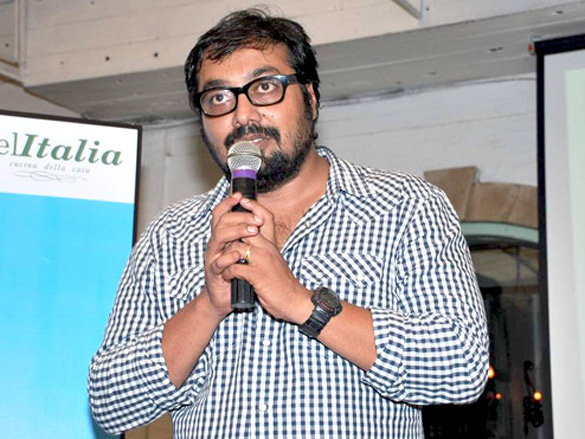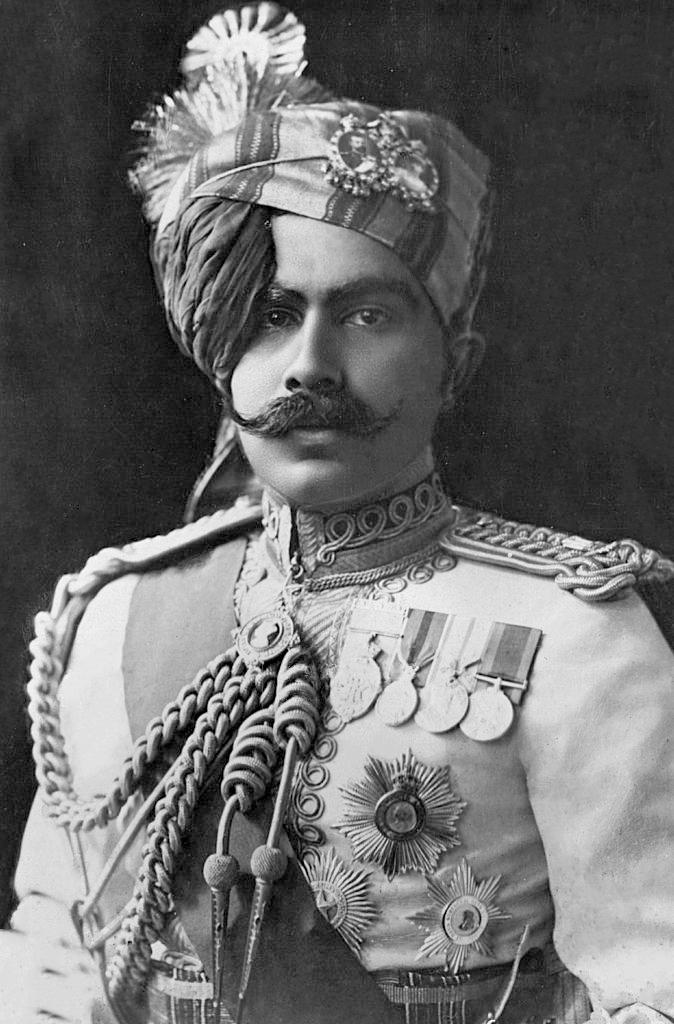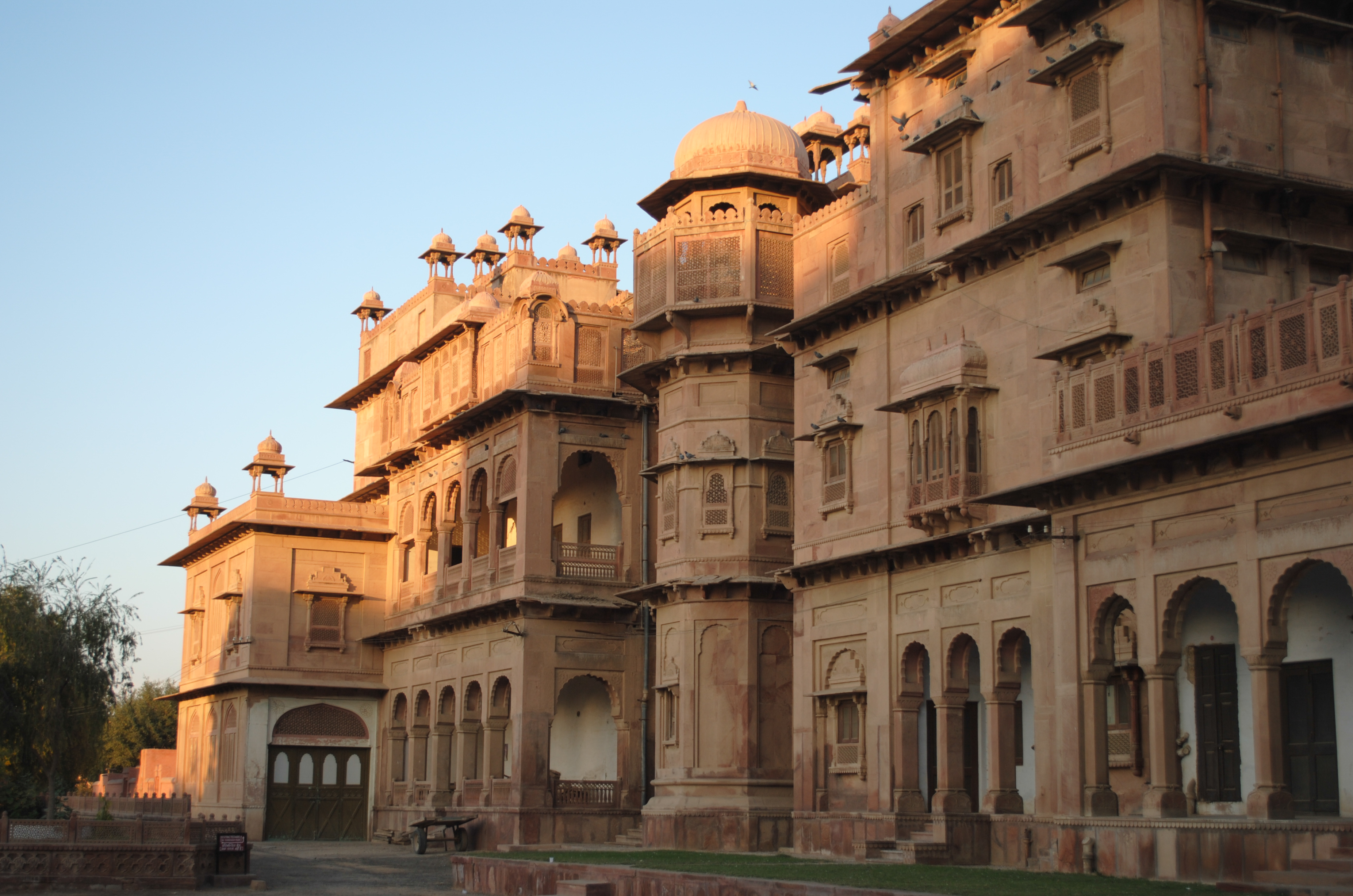|
Gulaal (film)
''Gulaal'' (gulal, Crimson) is a 2009 Indian Hindi-language political drama film directed by Anurag Kashyap, starring Raj Singh Chaudhary, Kay Kay Menon, Abhimanyu Singh, Deepak Dobriyal, Ayesha Mohan, Jesse Randhawa, Piyush Mishra and Aditya Srivastava. It explores themes such as pursuit of power, quest for legitimacy, perceived injustices and hypocrisy of the powerful. The film is set in present-day Rajasthan, a state in northwestern India. The plot is provided by student politics of a university and a fictitious secessionist movement consisting of former Rajput leaders who have become present-day elite. ''Gulaal'' was initially stalled due to financial concerns but was later released with support from Zee Limelight. Plot In the fictional town of Rajpur, Dilip ( Raj Singh Chaudhary), a law student who is a Rajput from Bikaner, secures housing in an old, run-down British-era pub. There, Dilip meets Rananjay Singh "Ransa" (Abhimanyu Singh), a prince who despises the ideologies ... [...More Info...] [...Related Items...] OR: [Wikipedia] [Google] [Baidu] |
Anurag Kashyap
Anurag Kashyap (born 10 September 1972) is an Indian filmmaker and actor known for his works in Hindi cinema. He is the recipient of four Filmfare Awards. For his contributions to films, the Government of France made him a Knight of the Ordre des Arts et des Lettres, Order of Arts and Letters in 2013. After writing a television serial, Kashyap got his major break as a co-writer in Ram Gopal Varma's crime drama ''Satya (1998 film), Satya'' (1998) and made his directorial debut with ''Paanch'', which never had a theatrical release due to censorship issues. He then went on to direct ''Black Friday (2004 film), Black Friday'' (2004), a film based on the Black Friday: The True Story of the Bombay Bomb Blasts, namesake book by Hussain Zaidi about the 1993 Bombay bombings. Its release was held up for two years by the Central Board of Film Certification, District Board of Film Certification because of the pending verdict of the case at that time but was released in 2007 to widespread ... [...More Info...] [...Related Items...] OR: [Wikipedia] [Google] [Baidu] |
Paanch
''Paanch'' () is a 2003 Indian crime thriller film written and directed by Anurag Kashyap in his directing debut, starring Kay Kay Menon, Aditya Srivastava, Vijay Maurya, Joy Fernandes, and Tejaswini Kolhapure. The film is loosely based on the 1976–77 Joshi-Abhyankar serial murders in Pune. ''Paanch'' did not receive a theatrical or home-video release. The Central Board of Film Certification raised objections due to the film's violence, depiction of drug abuse, and use of strong language. After some cuts, the film was cleared by the Central Board of Film Certification in 2001. However, despite the director's protests, it was not approved for release. The story was considered too disturbing for the general public, and the production lacked the budget for reshoots. ''Paanch'' was later made available through torrent websites and screened at several film festivals. Plot A kidnapping plot goes awry when four friends plan to kidnap their own friend, who is accidentally killed. ... [...More Info...] [...Related Items...] OR: [Wikipedia] [Google] [Baidu] |
Pyaasa
''Pyaasa'' (; ) is a 1957 Indian Hindi drama film directed and produced by Guru Dutt, who also stars in the film alongside Mala Sinha, Waheeda Rehman, Rehman, and Johnny Walker. Set in Calcutta, the film tells the story of Vijay (played by Dutt), a disillusioned Urdu poet whose works are underestimated by publishers and criticized for focusing on social issues rather than romantic themes. The narrative follows Vijay's encounters with Gulabo (Waheeda Rehman), a kind-hearted prostitute, and Meena (Sinha), his former girlfriend. Gulabo helps him get his poetry published, leading to the success of his works and the development of a romantic relationship between the two. Initially, the role of Vijay was offered to Dilip Kumar, who declined due to the toll that intense roles had taken on his health. In a later interview, Kumar admitted that he found the character of Vijay in ''Pyaasa'' similar to that of Devdas and cited ''Pyaasa'' as one of the three films he regretted turning d ... [...More Info...] [...Related Items...] OR: [Wikipedia] [Google] [Baidu] |
Neil Bhatt
Neil Bhatt is an Indian actor and dancer known for his work on television. He is best known for his role as Ranveer Singh Vaghela in Colors TV's '' Roop – Mard Ka Naya Swaroop'' and DCP Virat Chavan in Star Plus's ''Ghum Hai Kisikey Pyaar Meiin''. In 2023, he was a contestant on the Indian reality TV show, ''Bigg Boss 17''. Early life Born on 4 August 1987 to Sunita and Himanshu Bhatt, Bhatt hails from a Gujarati Brahmin family, brought up in Mumbai. He has a younger sister Shikha. Bhatt studied law but acting and dance have always been his passion. In an interview to ''Times of India,'' he mentioned that education is something which will always stand by him in good stead. He is a trained in gymnastics, capoeira, and he reportedly learnt the art for a flexible body. Personal life In 2020, Bhatt had met actress Aishwarya Sharma on the sets of '' Ghum Hai Kisikey Pyaar Mein'' and the couple soon fell in love. They announced their engagement on 27 January 2021 and got marr ... [...More Info...] [...Related Items...] OR: [Wikipedia] [Google] [Baidu] |
Chittaranjan Giri
Chittaranjan Giri (born 10 June 1965) is an Indian actor, who is known for '' The Man Beyond the Bridge'' which won in the competition category at Toronto International Film Festival. Early life and education Chittranjan Giri was born on 10 June 1969 in Varanasi, Uttar Pradesh. After completing elementary education and education, he went to the National School of Drama in 1993 to receive bachelor's degree and mastery of Dramatology. Upcoming projects *Naham Avkash (Title role) Career Plays directed * ''Pratibimb'' - written by Mahesh Elkunchwar * ''Parinati'' - written by Robin Mohom * ''Gunda'' - written by Jay Shankar Prasad * ''Sapne Chuttan Dube Ke'' - written by Gyan Chaturvedi * ''Gur Gobar Ganj'' - N.S.D. Acting Workshop Benares - written by Ashok Mishra * ''The Great Raja Master'' Drama Co. - written by Dinesh Bharti * ''Wang Chu'' - written by Bhisma Sahani * ''Dilli Ki Deewar'' – written by Uday Prakash, adapted by Vibhanshu Vaibhav, for MCCC Mumbai Lead ... [...More Info...] [...Related Items...] OR: [Wikipedia] [Google] [Baidu] |
Teddy Maurya
Ajay Maurya, popularly known by his industry name Teddy Maurya, is an Indian film and theatre actor, director, writer, musician, production designer and art director. Early life Maurya, the brother of writer and actor Vijay Maurya, was born and raised in Mumbai, Maharashtra. Career Theatre Teddy began his career with the prominent theatre group Ansh in 1993. He has designed more than 40 productions for Ansh since. He has also acted, designed costumes, lights and musical soundscapes for theatre. His directorial debut in theatre began with the play '' Ashwa Vishwa''. Film He first appeared in a small role as a minion of the principal antagonist "Bachhu Yadav" in the 1999 hit film ''Shool''. Thereafter, he worked as production designer with the Marathi movie '' Pak Pak Pakaak'' in 2005, for which he received the Maharashtra State Government Award for Art. As production designer, Teddy has gone on to work on several acclaimed films such as ''Jab We Met'', '' Love Aaj Ka ... [...More Info...] [...Related Items...] OR: [Wikipedia] [Google] [Baidu] |
Rajputana
Rājputana (), meaning Land of the Rajputs, was a region in the Indian subcontinent that included mainly the entire present-day States of India, Indian state of Rajasthan, parts of the neighboring states of Madhya Pradesh and Gujarat, and adjoining areas of Sindh in modern-day southern Pakistan. The main settlements to the west of the Aravalli Hills came to be known as ''Rajputana'', early in the Medieval India, Medieval Period. The name was later adopted by Company rule in India, East India Company as the Rajputana Agency for its dependencies in the region of the present-day Indian state of Rājasthān. The Rajputana Agency included 26 Rajput and 2 Jat princely states and two chiefships. This official term remained until its replacement by "Rajasthan" in the constitution of 1949. Name George Thomas (soldier), George Thomas (''Military Memories'') was the first in 1800, to term this region the ''Rajputana Agency''. The historian John Keay in his book, ''India: A History'', sta ... [...More Info...] [...Related Items...] OR: [Wikipedia] [Google] [Baidu] |
Pankaj Jha
Pankaj Jha is an Indian actor, painter, writer and director. His filmography includes ''Black Friday (2004 film), Black Friday'', ''Gulaal (film), Gulaal'', ''Chameli (film), Chameli'', ''Anwar (2007 film), Anwar'' and ''Matrubhoomi''. He is known for his role in ''Panchayat (TV series), Panchayat''. Career Jha studied acting at the National School of Drama (N.S.D) in Delhi. Upon finishing his training, he relocated to Mumbai to work in the film and Television industry in India, television industry. Other work Jha has held six solo painting exhibitions. He owns an art studio in Pune, Maharashtra. Filmography Films Television Web series References External links * ''Indian Express'': The Art Effect [...More Info...] [...Related Items...] OR: [Wikipedia] [Google] [Baidu] |
Ragging
Ragging is the term used for the so-called "initiation ritual" practiced in higher education institutions in India, Pakistan, Bangladesh, Nepal, and Sri Lanka. The practice is similar to hazing in North America, fagging in the UK, in France, in Portugal, and other similar practices in educational institutions across the world. Ragging involves abuse, humiliation, or harassment of new entrants or junior students by the senior students. It often takes a malignant form, wherein the newcomers may be subjected to psychological or physical torture. In 2009, the University Grants Commission of India imposed regulations upon Indian universities to help curb ragging and launched a toll-free 'anti-ragging helpline'. Ragging is a subset of bullying. Unlike various complex forms of bullying, ragging is easily recognisable. According to University Grants Commission (India)'s anti-ragging cell data, 511 complaints of ragging were registered in India in 2021. Inaction and underreporting we ... [...More Info...] [...Related Items...] OR: [Wikipedia] [Google] [Baidu] |
Bikaner
Bikaner () is a city in the northwest of the States and territories of India, state of Rajasthan, India. It is located northwest of the state capital, Jaipur. It is the administrative headquarters of Bikaner District and Bikaner division. Formerly the capital of the princely Bikaner State, the city was founded by Rao Bika, a Rajput Tribal chief, chief of the Rathore dynasty in 1488 CE and from its small origins it has developed into the fourth largest city in Rajasthan. The Ganga Canal (Rajasthan), Ganga Canal, completed in 1928, and the Indira Gandhi Canal, completed in 1987, facilitated its development. Etymology The name "Bikaner" is a combination of two elements: "Bika", derived from the city's founder, Rao Bika and "Ner", which is believed to mean "place" or "city" in the local Rajasthani languages, Rajasthani language. Hence, "Bikaner" translates to "the city of Bika". History file:Bikaner coat of arms.jpg, left, Bikaner coat of arms Prior to the mid 15th century, t ... [...More Info...] [...Related Items...] OR: [Wikipedia] [Google] [Baidu] |
Rajput
Rājpūt (, from Sanskrit ''rājaputra'' meaning "son of a king"), also called Thākur (), is a large multi-component cluster of castes, kin bodies, and local groups, sharing social status and ideology of genealogical descent originating from the northern part of the Indian subcontinent. The term ''Rajput'' covers various patrilineal clans historically associated with warriorhood: several clans claim Rajput status, although not all claims are universally accepted. According to modern scholars, almost all Rajput clans originated from peasant or pastoral communities. Over time, the Rajputs emerged as a social class comprising people from a variety of ethnic and geographical backgrounds. From the 12th to 16th centuries, the membership of this class became largely hereditary, although new claims to Rajput status continued to be made in later centuries. Several Rajput-ruled kingdoms played a significant role in many regions of central and northern India from the seventh century ... [...More Info...] [...Related Items...] OR: [Wikipedia] [Google] [Baidu] |



